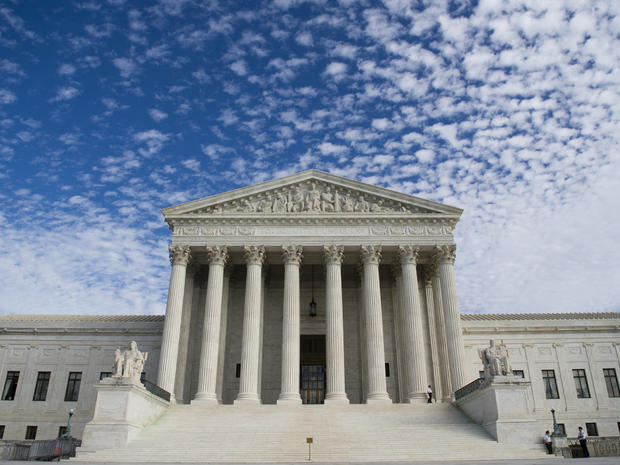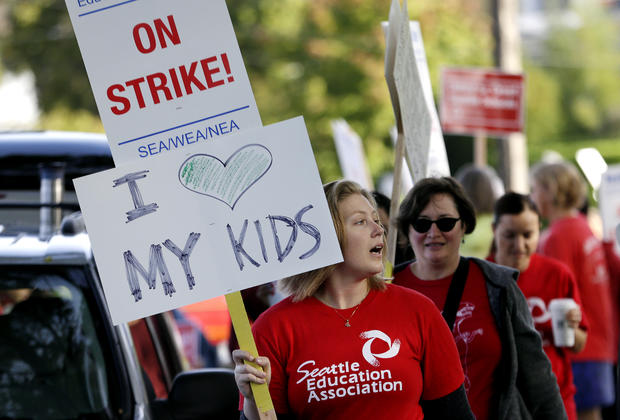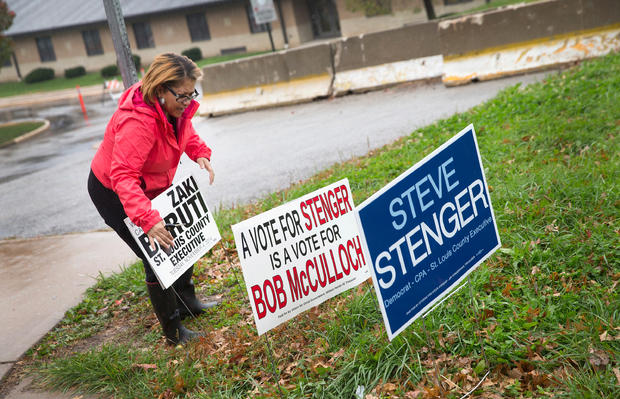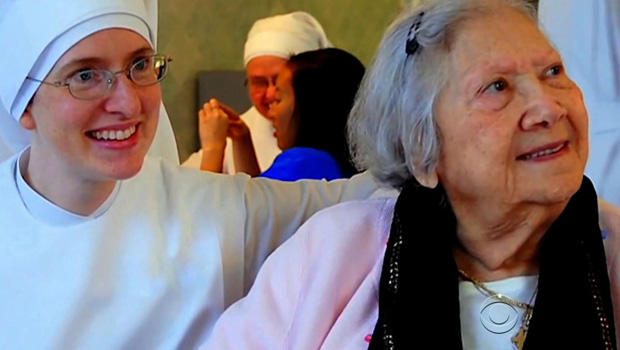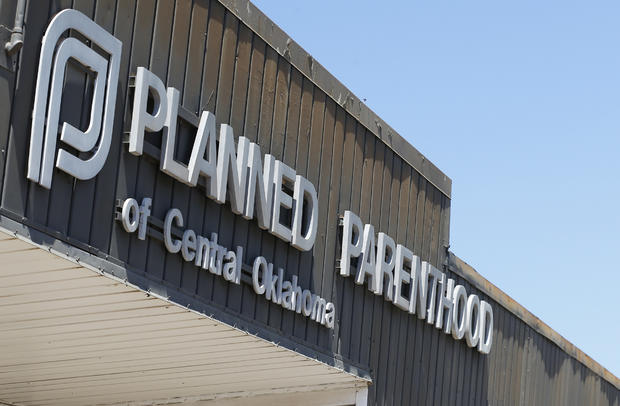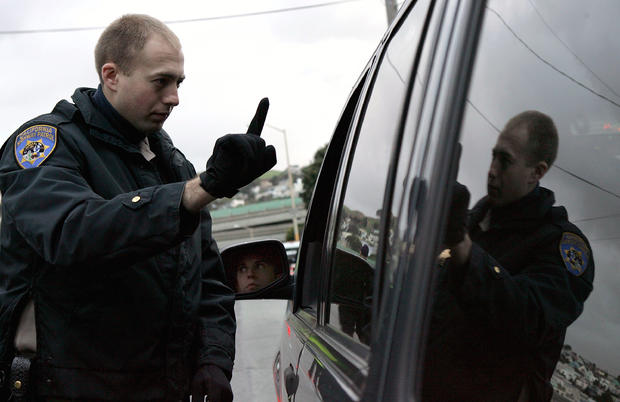The 2016 Supreme Court cases: Abortion, Obamacare, DUI tests and more
Voters in 2016 will usher new leaders into the White House and Congress, but it's the third branch of government that will be making some major national policy changes in the coming year. The Supreme Court already has a series of high-stakes cases lined up for consideration early in 2016.
In the next few months, the nine justices will hear cases related to the Affordable Care Act, abortion, laws regarding DUI tests, the power of teachers' unions, freedom of speech in a government office, and other issues. Additionally, the court will hand down rulings in cases it heard in late 2015, on issues like affirmative action.
Here's a look at what to expect from the Supreme Court in early 2016...
Teachers' unions
On January 11, the Supreme Court will hear arguments in Friedrichs v. California Teachers Association, which considers whether public school teachers must pay fees to unions, whether or not they are part of the union. In 1977, the Supreme Court ruled that they must pay those fees to cover the cost of actions that benefit all teachers, such as collective bargaining.
The conservative Center for Individual Rights argued in a brief filed with the court that this precedent should be overturned because it's impossible to distinguish which dues pay for actions like political bargaining, and which dues pay for political activity -- which the teachers may oppose. "There is rarely any justification under the constitution for restricting the political speech of individuals. There are even fewer justifications for compelling an individual to promote or subsidize political speech," the group said in a statement.
The American Federation of Teachers (AFT) suggested in a statement that overturning the 1977 precedent could significantly diminish the bargaining power of teachers' unions.
"We are disappointed that... the Supreme Court has chosen to take a case that threatens the fundamental promise of America--that if you work hard and play by the rules you should be able to provide for your family and live a decent life," the AFT and other union leaders said in a statement. "The Supreme Court is revisiting decisions that have made it possible for people to stick together for a voice at work and in their communities... and that have allowed people to work together for better public services and vibrant communities. "
Back in August, New Jersey governor and Republican presidential candidate Chris Christie alluded to the Friedrichs case, saying at a New Hampshire education summit that a pending Supreme Court case could make teachers' unions "largely go away." Christie, who has had a notoriously combative relationship with teachers' unions, characterized their complete elimination as "nirvana."
Free speech rights of government workers
In 2006, Paterson, New Jersey detective Jeffrey Heffernan was demoted after he was spotted with a campaign sign for a political candidate trying to oust the mayor of Paterson. The police chief said he demoted Heffernan because he "breached his trust" and violated office policy by being "overtly involved in the political campaign."
Heffernan argued he wasn't even engaged in the mayoral campaign -- he was simply bringing the sign to his mother's house. But whether he was engaged in it or not, his lawyers will argue to the Supreme Court on January 19, the government violated his First Amendment rights.
"A public employer violates the First Amendment when it takes action against an employee for associating with a disfavored political party, unless party affiliation is a reasonable requirement for the position in question," says a brief filed by the Obama administration on behalf of Heffernan. "A public employer acts equally unconstitutionally when it acts against the employee based on the mistaken belief that he has engaged in disfavored political activity."
The case could have far-reaching implications, given that the federal government employs about 2.7 million people.
Obamacare's contraception mandate and religious nonprofits
When the administration implemented an Obamacare rule requiring requiring large companies to help pay for their employees' birth control, it exempted religious entities like churches. It also tried to find a compromise policy for nonprofit faith-based organizations, such as Catholic universities.
Under the compromise, these organizations can notify their insurer or third-party administrator if they object to paying for contraception costs on faith-based grounds. The insurer then would have to provide enrollees with contraceptive coverage through separate individual health insurance policies. Yet several nonprofits -- such as the Colorado order of nuns the Little Sisters of the Poor -- say this accommodation doesn't settle their concerns.
The court has agreed to hear several cases in 2016, including one from the Little Sisters, arguing that nonprofit faith-based organizations deserve an exemption.
In 2014, the Supreme Court ruled that closely-held private companies like Hobby Lobby are exempt from the contraception mandate if the firm's owners have religious objections. Advocates for nonprofits like the Little Sisters say this is a good sign that the court in 2016 will extend the exemptions even further. On the other hand, the majority opinion in the Hobby Lobby case -- conservative justice Samuel Alito -- pointed to the nonprofit compromise as an example of a less burdensome policy for employers with religious concerns.
Abortion
Eight years since its last major abortion ruling, the Supreme Court in 2016 will consider whether lawmakers went too far when they imposed strict new rules on abortion providers in 2013.
There are two rules in question: One requires doctors who perform abortions to have admitting privileges at a hospital no further than 30 miles away from the location at which the abortion is performed. The second rule requires abortion clinics to be constructed like surgical facilities. Women's health advocates argued in their brief to the court that the new regulations would force more than 75 percent of the state's abortion clinics to close. They argue this would violate the precedent the Supreme Court set in 1992 with its Planned Parenthood v. Casey ruling: the government can impose restrictions on abortion services so long as they don't impose an "undue burden" on women.
"If allowed to take effect, [the rules] would cause profound and irreparable harm to the rights, health, and dignity of women throughout Texas," the petitioners wrote. They "would delay or prevent thousands of women from obtaining abortions and lead some to resort to unsafe or illegal methods of ending an unwanted pregnancy."
In their reply, Texas officials argue the rules were "enacted to raise standards of care and ensure the health and safety of all abortion patients."
The ruling would impact in Texas, the second most populous state in the nation, and several states that are enacting laws similar to the Texas regulations.
DUI tests
North Dakota, Minnesota, and 11 other states have made it a crime for drivers to refuse a blood alcohol test, even if the officer does not have a warrant. Drivers in Minnesota and North Dakota are arguing before the Supreme Court that this violates the Fourth Amendment, which protects people against unreasonable searches and seizures.
Lawyers in the North Dakota argue that the laws violate "the general principle that public officials may employ sweeping warrantless searches only in extraordinary circumstances."
"The constitutional protections of the Fourth Amendment are not set aside whenever officers believe that they have probable cause to search and could have but did not obtain a warrant," they wrote. "The act of obtaining the warrant is one of grave constitutional significance."
The state district court rejected this argument, ruling that a driver "has already granted implied consent to the search" and that "the basis for this implied consent is grounded in a strong public interest of promoting public safety."
Upcoming decision: Affirmative action
Earlier this month, the Supreme Court heard arguments in Fisher v. University of Texas at Austin, which considered the use of affirmative action in school admissions.
In the ruling it will issue in 2016, the court may limit affirmative action policies nationwide, or simply at UT Austin.
The case was brought to the court by Abigail Fisher, a white woman who applied to UT Austin as a high school senior in 2008. She filed suit against the school after she was rejected, arguing the university's consideration of race didn't meet standards previously set by the Supreme Court.
